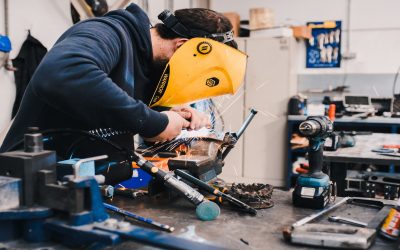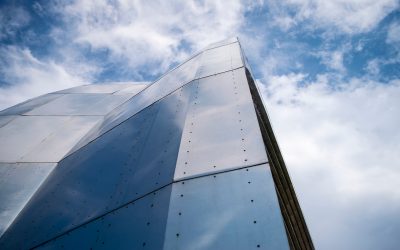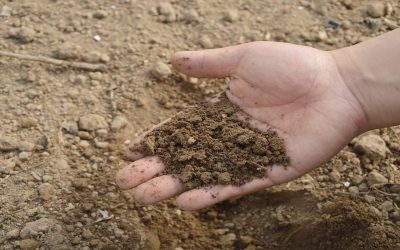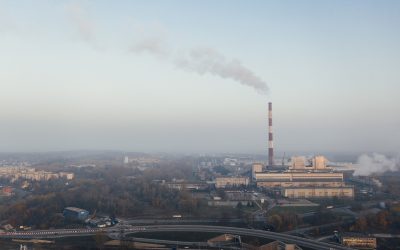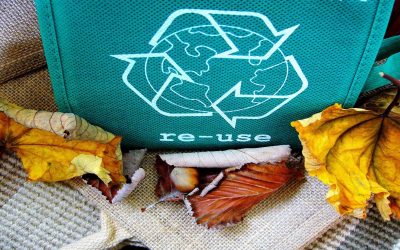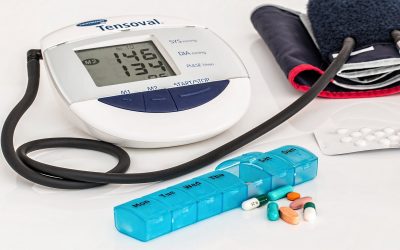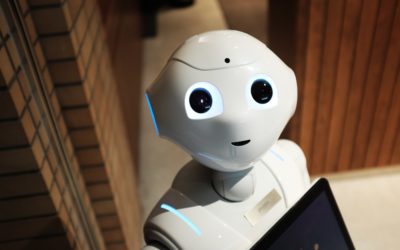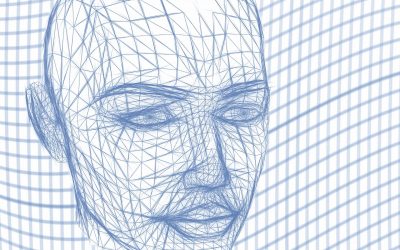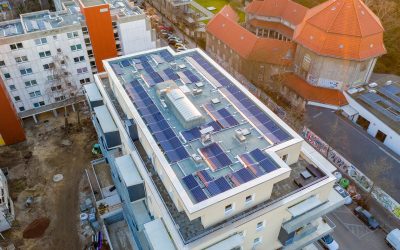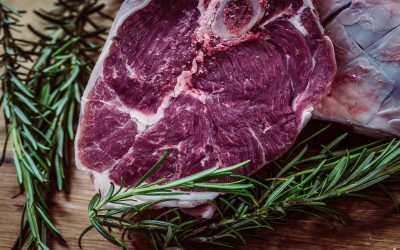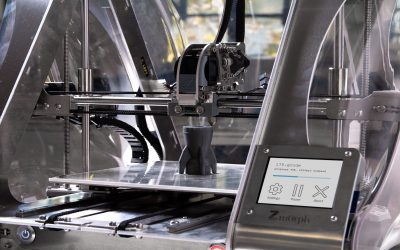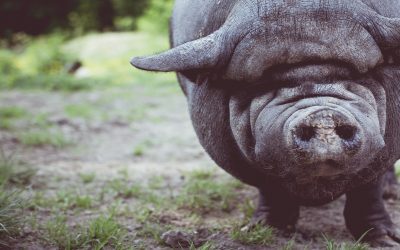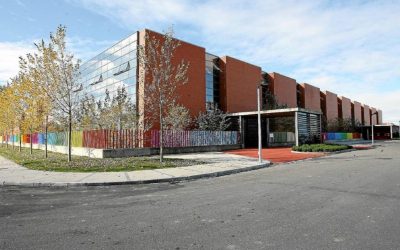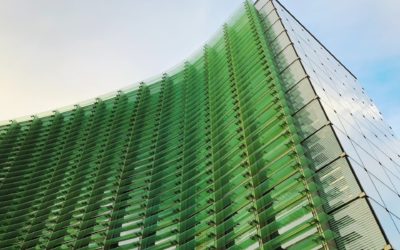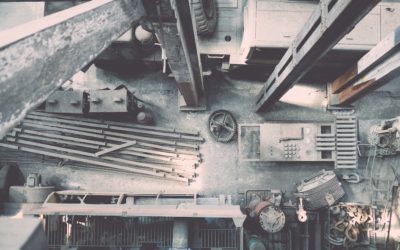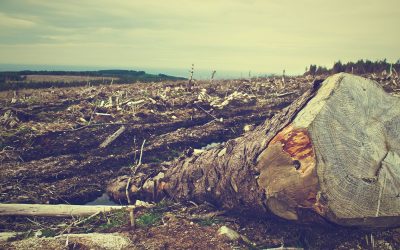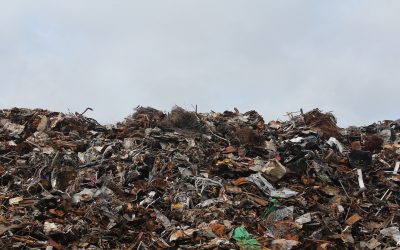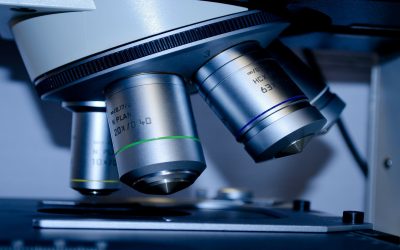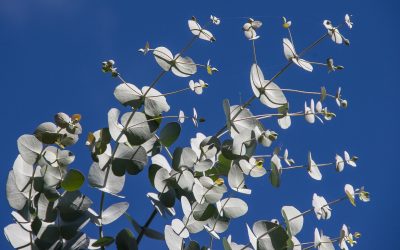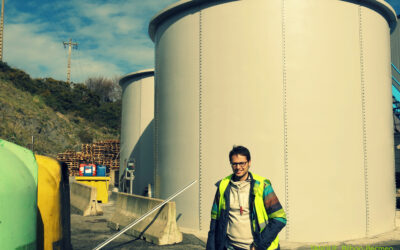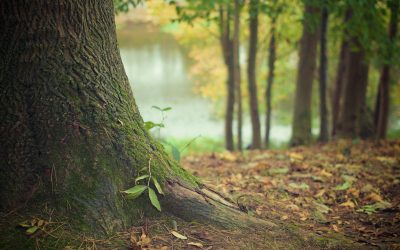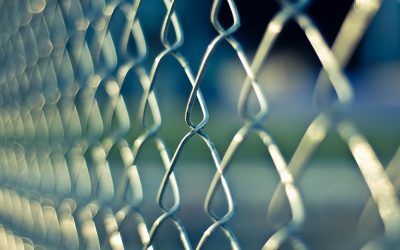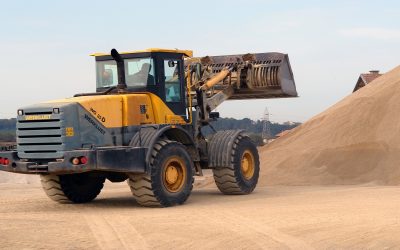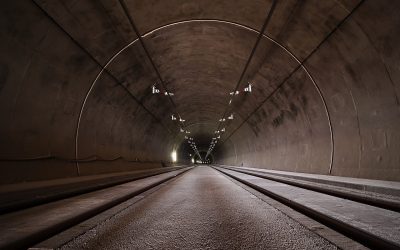CARTIF projects
Agrigenomics and next-generation sequencing technologies
Description
The AGRIGENOMICS AND NEW GENERATION SEQUENCING TECHNOLOGIES research line seeks to implement advanced solutions to solve various problems linked to the agro-forestry and food sectors in Castilla y León, such as soil degradation, low agricultural productivity or the incidence of pests and diseases, considering the entire plant-soil ecosystem as a whole and through a multidisciplinary approach that encompasses agro-biotechnological, chemical-analytical and agronomic methodologies.
Objectives
- Agronomic crop management.
- Monitoring and evaluation of agroforestry systems.
- Research on microbial biodiversity and monitoring of changes in ecosystems through environmental DNA sequencing and DNA metabarcoding.
- Improvement of crop productivity, adaptation to climate change and integrated control.
- Improvement of traditional agro-ecological practices.
Actions
a) Study and monitoring of the biodiversity of agroforestry soils in the region using environmental DNA and metabarcoding DNA analysis methods to determine the distribution, abundance, seasonal change and migration of species present in environmental samples.
b) Study of the microbiome of agricultural soils by profiling complete microbial communities in complex environmental samples, in such a way that the understanding of the different microbial populations present allows to determine the most suitable or adequate practices for the different agricultural soil profiles studied and to generate guidelines for the application of solutions or implementation of efficient agricultural practices that benefit both the performance of the agricultural activity and the regeneration and resilience of the soil agroecosystem.
c) Study and development of bioproducts with agronomic potential, which will make it possible to achieve a substantial improvement in crop productivity and their adaptation to different adverse conditions. Work will also be done on improving more traditional agro-ecological practices, such as crop rotation, increasing pollinators and natural predators for an integrated fight against pests and diseases, natural control of adventitious plants, etc. In addition, it is planned to investigate the biometric and photosynthetic activity of trees and plants, which will allow an assessment of climate change and improvement of the health of plant masses in both agricultural and forestry crops.
Expected Results
- Develop and maintain sustainable rural and urban environments, linked to efficient and sustainable agricultural and forestry productivity.
- Implement agroforestry solutions as a sound method to address climate change and its challenges.
- Research and understand the effects of climate change on forest stands, urban green spaces and agricultural crops in order to develop mitigation strategies.
- Address the phenomenon of “forest decline” through detailed studies of the causes and effects on forest stands.
- Investigate the fragility of crops to climate change in order to develop more resilient and profitable agricultural practices.
R&D Line
- Research on new systems and crop improvement: biological control, adventitious control, plant rotation and association, pest bio-resistance, yield improvement, RNAi and plant genetics strategies and urban agriculture solutions.
Subvención de Apoyo a la inversión para la mejora de las capacidades científicas y tecnológicas de los Centros Tecnológicos de la Comunidad de Castilla y León (2023)
File: 2023 CCTT 06
![]()
![]()
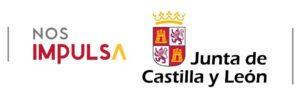
Total Budget: 124,970€
CARTIF Grant: 62,485€
Duration: 02/10/2023 – 31/05/2024
Co-financed with ERDF funds contributing to the Policy Objective “OP1: A more competitive and smarter Europe, promoting innovative and intelligent economic transformation and regional connectivity to information and communication technologies”.
Responsible
Bárbara Díez Rodríguez
Agrifood and Processes Division
Networking
Other projects:
SHCITY
SHCITY addresses the innovative challenge of creating a unique tool to manage historic urban centers and facilitate the work of the competent authorities in decision making. SHCITY will integrate data collected by sensor networks with artificial vision and 3D scanning technologies deployed in the urban area (Ávila), in order to respond to conservation, security, energy efficiency and tourism needs.
PUMAN
A new intelligent system has been developed for manual assembly positions in the industry. This system aims to minimize assembly errors by operators by validating operations, providing information and guiding the operator in real time through a man-machine interface based on Augmented Reality
DISCOBOLO
Nowadays in hot and cold lamination of “long” elements only the detection of punctual defects are made, not longitudinal defects. Therefore, the technological leap and the differentiating key of future products is to detect both, punctual and longitudinal defects on the production of flat steel in the rolling process, either the cold or hot process.
SmartEnCity
SmartEnCity aims at a comprehensive sustainable urban regeneration model based on innovative technological solutions for energy, transport and ICTs
REHAP
REHAP aims to strengthen the European bio-economy industry by creating novel materials from agricultural and forestry waste, and considering how they can be used commercially in the green building sector.
CRUCAMI
The CRUCAMI project develops and formulates new snacks and meat products cooked from beef jerky.
The objective is the launch of new snacks and cooked meat products pastrami type from cecina.
SUSTRA-TEC
SUSTRA-TEC has developed innovative technological substrates with techno-soil characteristics, providing as a novel aspect the self-fertilizing capacity and the capture of atmospheric pollutants.
MSP-REFRAM
MSP-REFRAM will address these challenges by creating of a common multi-stakeholder platform in order to support the implementation of the EIP on Raw Materials.
Social&Smart-SANDS
Social&Smart-SANDS it´s about creating a protocol by which household appliances can exchange information on use and results and learn from it to achieve more efficient operations.
FERTINOVO
The FERTINOVO project develop intelligent fertilizers through the valorization of by-products derived from the poultry multiplication activity of the laying sector.
LIFE BATTLE CO2
The LIFE BATTLE CO2 Project has developed an innovative process, in which the use of biomass as an alternative fuel allows a decrease in CO2 emissions and enhances the development of low carbon processes.
REPARA 2.0
REPARA 2.0 aims to develop new technologies and methodologies that support infrastructure management and allow the rehabilitation and conservation of any type of road at a lower economic and environmental cost.
HPCONGRID
HPC Ongrid project collaborates with Siemens Gamesa Renewable Energy (SGRE) in the develop and programming of different components of a hybrid generation plant controller.
LACTISHOE
The LACTISHOE project deals with obtaining new products from the footwear sector that will have excellent regenerative properties in the skin with which they are in contact, due to the innovative incorporation of microencapsulated lactic acid.
LIFE PAVEtheWAySTE
The LIFE PAVEtheWAySTE project wants to facilitate the implementation of the Waste Framework Directive in remote areas by allowing local and regional authorities to improve the operation of their municipal recycling systems and thereby pave the way towards high efficiency of the resources.
GAPSA
The GAPSA project’s main objective is to clearly define the real savings obtained due to the savings measures that will be implemented in the 33 primary care health centers
MARCA
MARCA provides the maintenance operator with tools that facilitate access to content, communications and technologies necessary for the guidance, support and registration of maintenance work. It is based on technologies of augmented reality, mobility and communication, as well as a knowledge base for incident management.
E2REBOT
E2REBOT is based on the integrated appplication of a wide spectrum of technologies for movement control and force interaction: mechatronics, virtual reality, haptic control, interfaces and bio-feedback.
INCEPTION
INCEPTION develops new methods and tools for automated 3D modelling and analysis of European cultural assets proposing advancements on hardware and software, as well as new approaches for Cultural Heritage 3D data inclusive access and exploitation by means of the so called INCEPTION-Platform.
SALUS
SALUS project appears due to the lack of techniques able to detect geomembrane damages before these cause the rupture, and therefore, the environmental pollution
RENERPATH-2
The goal of the project called “Energy Refurbishment Methodology for Heritage Buildings” (RENERPATH-2) is to establish a specific European pre-normative, focused on the energy refurbishment of heritage buildings, whether public or private use, in parallel with the newly constructed buildings law.
Green eMotion
Green eMotion aims at enabling mass deployment of electromobility in Europe. Develop and demonstrate a commonly accpeted and user-friendly framework consisting of interoperable and scalable technical solutions in connection with a sustainable business platform.
SOLUCII
The SOLUCII project generate a technical advance that allows the development of an innovative support system for the comprehensive analysis of patients in intensive care units with support for medical decisions based on ICTs.
CIEN PROGRESO
The CIEN PROGRESO Project develop innovative solutions for protein processing and its application in new food products adapted to population groups with specific needs.
REMOURBAN
REMOURBAN’s objective is to develop and validate in three lighthouse cities (Valladolid-Spain, Nottingham-UK and Tepebaşı-Turkey) an urban, holistic and replicable regeneration model that facilitates the process of transforming urban environments into more sustainable and intelligent areas.
3DCONS
The 3DCONS Project (New Construction Processes by means of 3D Printing) focuses on 3D printing technologies in the construction industry and covers several areas: robotics, the search for new materials, process automation, the technological drive of building and the development of design tools based on Building Information Modelling (BIM).
LIFE BIOSEVILLE
Life BIOSEVILLE develops an integrated system for the value of frying oils generated in the city of Seville. This system ranges from oil collection logistics to obtaining a more efficient, competitive and ecological biofuel.
LIFE VALPORC
The goal of the LIFE + VALPORC is to demonstrate a sustainable alternative to the management of pig carcasses and manure, focusing on the environmental problems derived from its current management and valorizing these wastes by transforming them into biofuels (biogas and biodiesel) and organic fertilizers,
LIFE SMART Hospital
The LIFE SMART Hospital Project has promoted the sustainability of the health sector through the deployment of best practices and available technologies, training programs and replication of experience.
CITyFiED
The CITyFiED European project, co-financed by the European Commission under the Seventh Framework Program, aims to develop an integrated strategy to adapt existing cities to more sustainable and smart cities.
MODINTECO
The aim of MODINTECO project is to develop prototypes of Automatic Tool Changers for milling machines, modular and adaptable, intelligent and autonomous, universal..
VALOR-PLUS
The VALOR-PLUS supports the realisation of sustainable, economically viable closed loop integrated biorefineries through the development of new knowledge, (bio-)technologies and products that enable valorisation of key biorefinery by-products.
REEMAIN
The REEMAIN project combines cutting-edge knowledge and experience to develop and demonstrate a methodology and platform that drives the efficiency of energy and material resources.
LIFE EQUINOX
The Life-EQUINOX project has developed a new method that allows asphalt roads to “capture” NOx in the atmosphere, thanks to a chemical reaction that uses solar radiation and titanium dioxide.
LIFE COLRECEPS
The main objective of the COLRECEPS project is the implementation of a prototype demonstration plant to recycle residual EPS and obtain EPS beads. With these pearls, new recycled EPS prototype products will be manufactured.
LIFE REVAWASTE
The LIFE REVAWASTE project (www.revawaste.eu) was born proposing the sustainable management of a broad spectrum of waste in an integrated plant or “Mixed Plant”.
LIFE DIOXDETECTOR
The technique developed in the LIFE DIOXDETECTOR project for the quantification of PCDDs / PCDFs will represent a revolution compared to other traditional techniques, due to multiple innovative aspects such as the reduction of both sampling and analysis times and the reduction of the costs of analysis, among others.
LIFE EUCALYPTUS ENERGY
The LIFE EUCALYPTUS ENERGY Project consists of the pyrolysis of eucalyptus biomass for the production of electricity and biochar. It is intended to make use of the residual biomass of eucalyptus forest exploitation.
WTANK
development of a new tank of more than 2000m3 by means of a new production process called ‘flex moulding’ and materialised with fibreglass reinforced polymeric composite panels (FRP) for application in the wastewater treatment sector.
SHBUILDINGS
SHBUIDINGS develops a degradation prevention system that at the same time serves for the complete management of historic buildings, using advances in sensoring, Internet of things (IoT) and cloud computing, providing objective criteria for decision-making on actions to be carried out in the building where that system is deployed.
RECALZA
RECALZA proposes to develop a chemical recycling process of the generated polyurethane foam residues, to obtain the polyol again and re-manufacture new products (recycled soles) that meet the requirements for the footwear sector.
BIOSELENER
BIOSELENER develops functional systems for the supply of solid biomass for energy purposes, based on the selective zonal implantation of agroforestry crops.
INFIT
In INFIT, automatic data capture systems have been developed to obtain an accurate and objective image of the tunnel surface.
AVANRES
The process of production and management of Construction and Demolition Waste (C&D waste or CDW) is standardized and responds to a series of administrative steps, according to the law. The process is aimed at reducing C&D waste and its correct management and treatment, but sometimes results in inefficiencies arising from the bureaucratization of the evaluation of compliance with the requirements.
OPTIRAIL
The OPTIRAIL project developed a comprehensive tool, based on Fuzzy and Computational Intelligent techniques, to manage all the elements that are relevant for track maintenance, predicting future conservations needs with optimal allocations of resources.
CALYPSO
The purpose of the CALYPSO project is that the inspection process can be enriched by automatic pattern recognition techniques.
PREFEX
PREFEX Project “Advanced techniques for the prediction of the excavation front”, co-financed by the Spanish Ministry of Economy, develop new tools to improve the safety conditions in underground works
SITEER
Currently, inspections of road and rail tunnels are carried out manually. CARTIF and Geocisa have studied how to implement technologies that allow inspecting automatically tunnels to achieve its preventive maintenance, developing a system which is able to organize the collected data.

